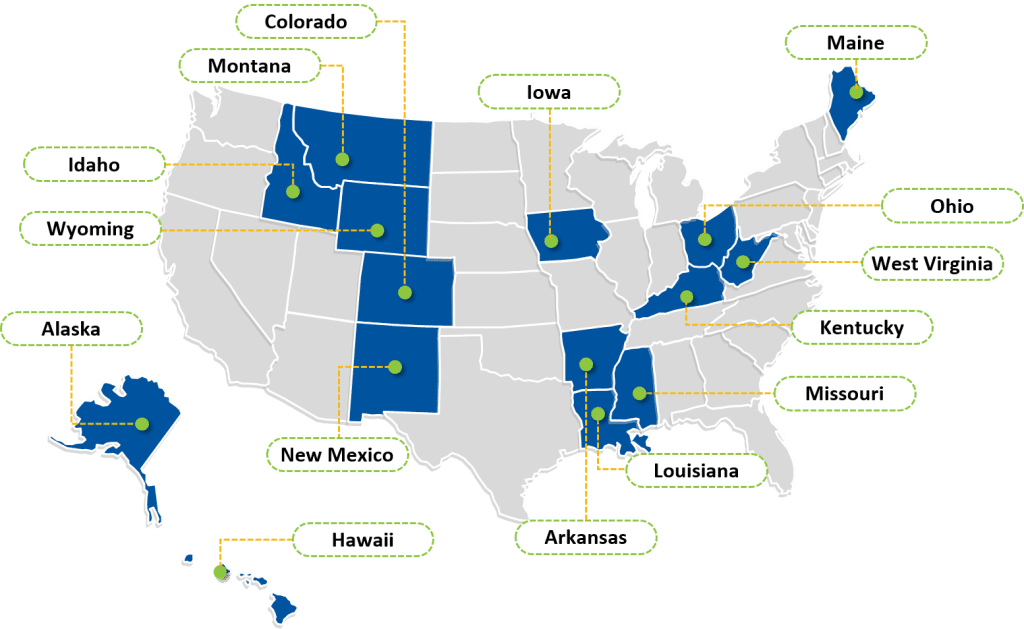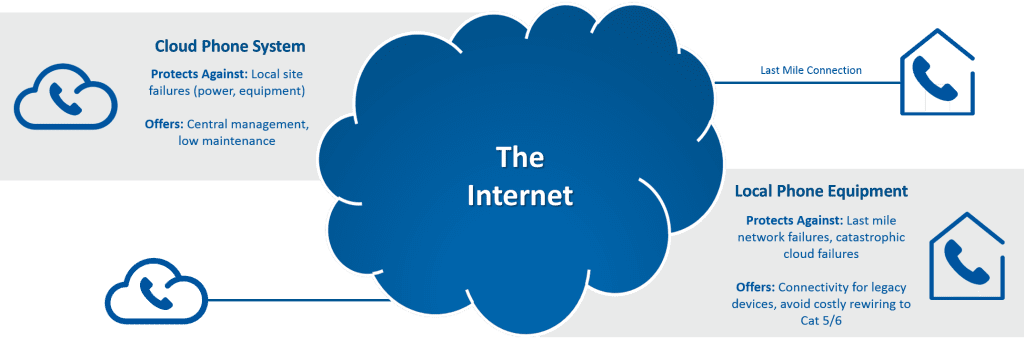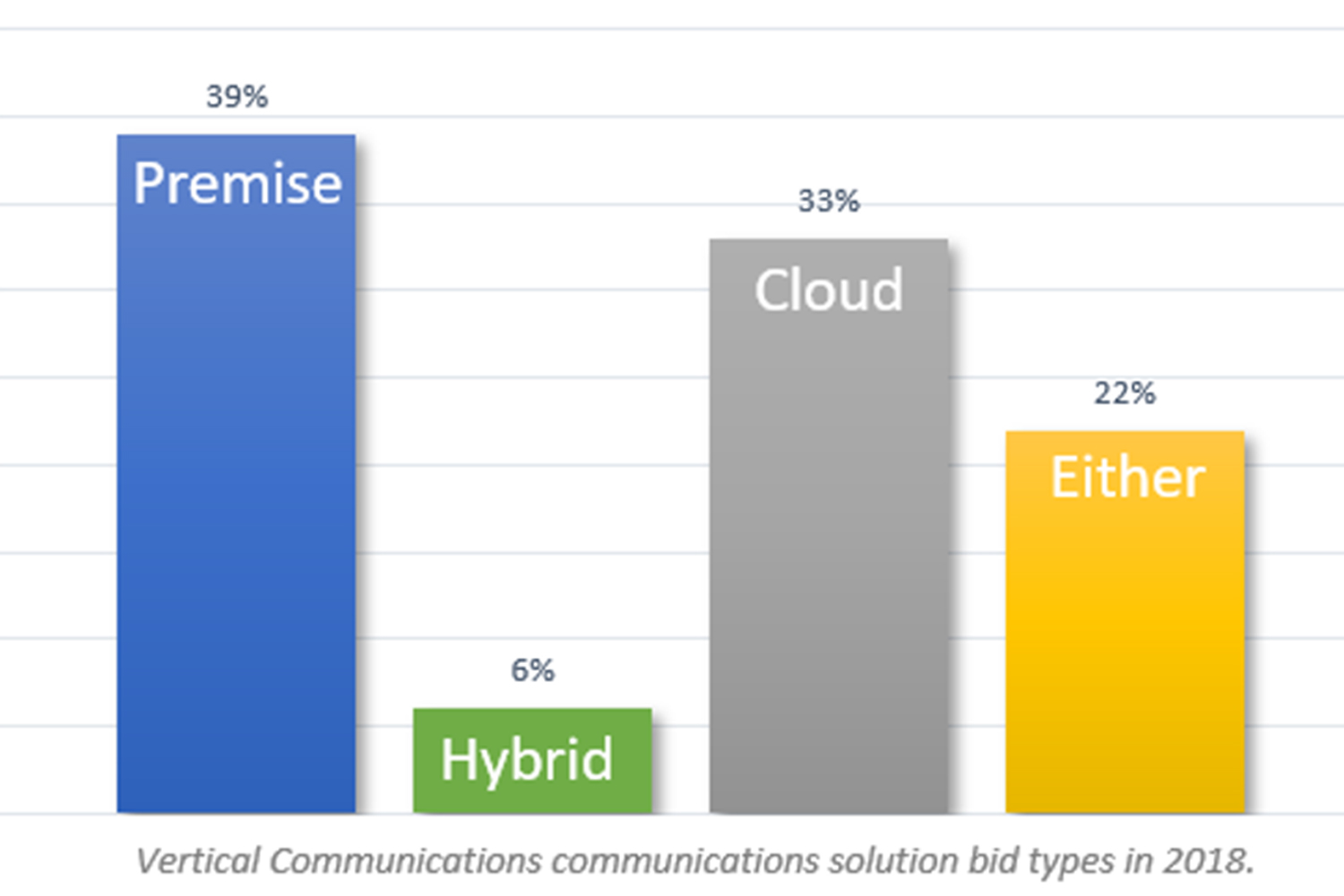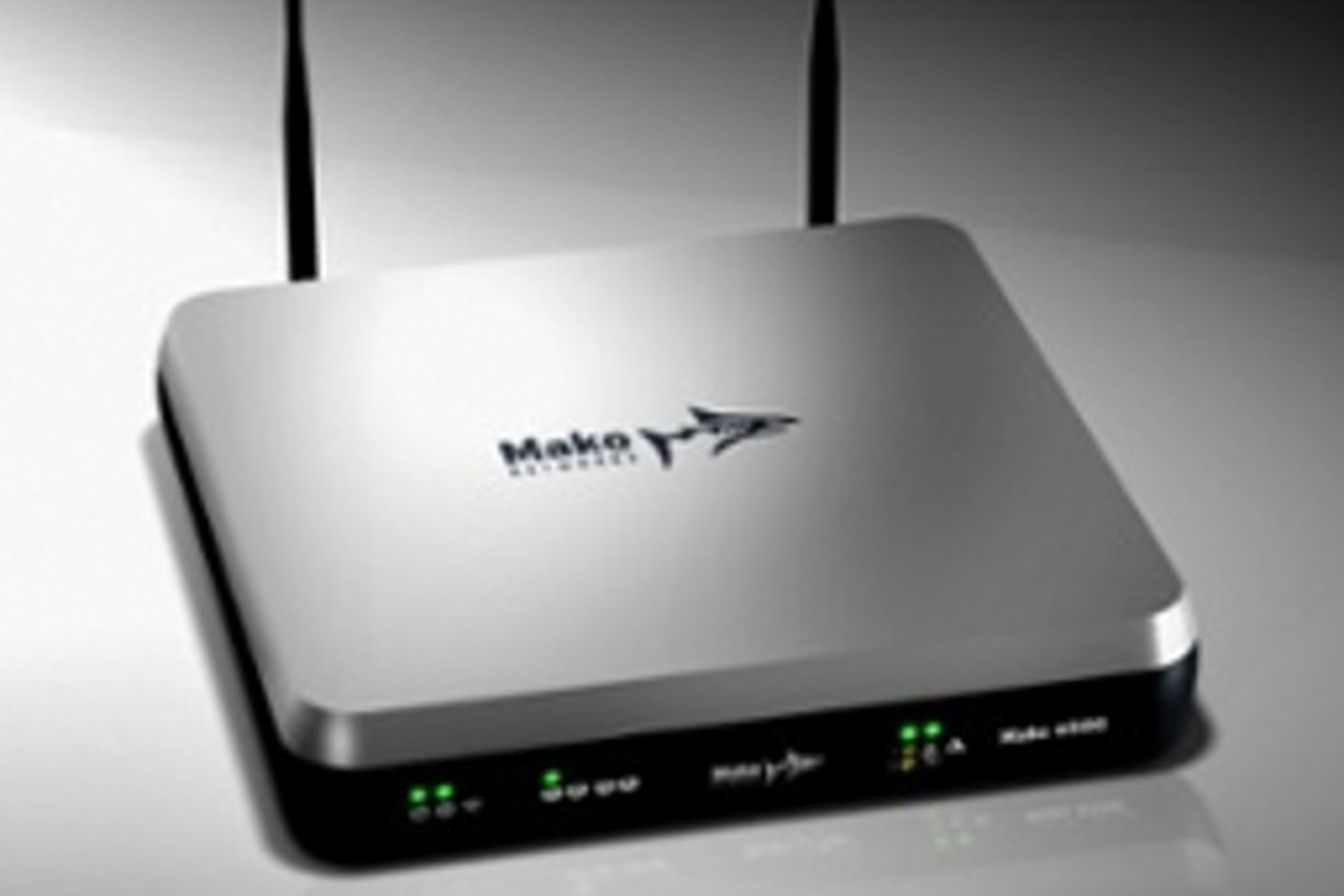Selecting a New Phone System: How a Hybrid Phone System Can Work for You

The Argument for Combining a Premise-Based and Cloud-Based System to Create a Custom Hybrid System
Selecting a new phone system can seem overwhelming. With all of the vendors out there, it may seem like there are endless phone system options, and how do you know which system is right for you? Luckily, Vertical Communications has decades of experience helping businesses discover what type of systems and features are best for them.
Currently, two systems are dominant in the marketplace: cloud and premise-based systems. Cloud systems are popular due to the host of benefits they offer to the user. They increase survivability, easily support distributed locations, are up-to-date on the latest advances in communications technology, and divest you of the responsibility for maintaining and supporting your communications. Premise-based systems allow businesses to reuse their investment in phones, are ideal for internal communications, and enable extremely powerful or specific applications.
For some businesses, neither of these systems are the right fit. Every business is unique, which means that each phone system needs to be tailored to support them. Enter the hybrid phone system, a solution that combines cloud and premise-based technology to allow businesses to find a middle-ground that best supports their needs.
Defining the Hybrid Phone System
Hybrid phone systems offer users the best of both worlds, allowing businesses to use their premise-based, on-site infrastructure, while taking advantage of the features and power that the cloud has to offer. Let’s look at what the premise-based and cloud systems each contribute to a hybrid system.
The premise-based portion provides connections to all of the devices on site, including:
- Phones
- Fax Systems
- Paging
- Door Phones
- Credit Card Machines
- and more
The cloud portion provides:
- Always connected availability
- Serice that you don’t have to maintain
- Persistent web presence
- Cloud auto attendants in case of a disaster
Specifically, users with hybrid systems are able to control their on-site systems, while using current infrastructure and enjoying the scalability, survivability, and power of a cloud system. While some telecom companies consider hybrid systems as a stepping stone to move to the cloud, sometimes it is purely the best choice for the user.
Is the Hybrid Phone System a Good Fit for Your Business?
Your business must meet certain criteria for a hybrid phone system to be truly effective. Consider the following to find out if you’re qualified:
Required Criteria
- You already have an existing premise system. Hybrid systems are only cost-efficient if you already have a premise-based system, which will then gain additional benefits by hooking into the cloud system.
- You have a Mitel, ShoreTel, or Ericsson-LG phone system. These systems allow Vertical Communications to provide a cloud system that will integrate with your current system.
Hybrid Communications Might be Ideal for You If:
- Your organization is multi-location. Cloud persistence creates the ability to connect multiple locations, using the same extensions and feature sets in between each location for seamless communications.
- Communications are critical to your business. Hybrid phone systems are ideal for businesses that must be connected at all times, as they provide several layers of survivability, security, and reliability.
- The area that your business resides in has low internet speed.Internet speed determines the quality of your phone connection. If your area has poor internet connectivity, a 100% cloud phone system may not be reliable enough for you. Hybrid implementations ensure that your communications stay up, depending on your premise-based system to step in when your internet speed dips.
Do you know what the internet speed is like in your state? You might be surprised. See the map below to see which states have the lowest internet speed in the U.S.

For a complete list of internet speeds across the U.S., click here.
Benefits of the Hybrid Phone System
Reusing Infrastructure
Reusing the infrastructure of your premise-based system provides you with a few benefits. First, it allows you to save on the cost of deploying a new cloud structure. The on-site servers, phones, and other tools you’re currently using are still valuable. Additionally, by using the same infrastructure, you maintain control of the system. That means that if you experience any issues with your system, they can be addressed on site by your IT or Network Manager.
Scalability
With premise-based systems, scaling as your company thrives can be a problem. For every location that is added to the growing business, businesses are required to keep local boxes on-site which have to have updates pushed to them manually. However, scaling with the cloud is easy. The architecture is simple and all locations are connected through the cloud, allowing for updates to be launched automatically with minimal effort from staff or from the phone provider.
Survivability
How a phone system will continue to run in the event of a disaster, i.e., survivability, is an important aspect of any phone system. The hybrid system has improved survivability by protecting both its outer edge and its inner core with a premise and cloud failover strategy. While the hybrid phone connection may be cloud, it will fail over to premise data centers and last mile connections to increase survivability.
To protect its inner core, the data center, the hybrid system uses geo-redundant data centers as a failsafe, as well as including automated failover forwarding to another number (forwarding to another company location or to a mobile phone) in case of a system failure. Data centers are at risk for a failure during a disaster, such as an earthquake or fire.
To protect its outer edge, the last mile network, the hybrid system will fail over to an internal phone system or to local phone lines. All premise phone systems require a last mile network. The last mile network is the final connection that runs out to the physical location and is at risk when locations are remote and experience poor connectivity.

Ensure Data Sensitivity
Today technology users everywhere are increasing their awareness of privacy controls, due to hacking and information leaks. A hybrid system meets the needs of privacy controls, based on your business’ individual needs. If your business balks at the idea of your data being in the cloud, due to sensitive security and compliance practices, a hybrid system will allow you to keep your data on-site with your premise-based system. Or, if having the data off-site is more secure for your needs, you can choose to keep highly sensitive data in a private-cloud. Another option is to keep data local to stay compliant using an on-site premise-based system, but still use the public cloud system for less sensitive data.
Test Out the Power of the Cloud
The cloud offers a host of features and benefits to the user that will be new to any historic premise users. With a hybrid system, users can test out the power of the cloud without making a complete investment.
One strength of the cloud is that because it is centrally managed and located, you can upgrade and get new features faster than with a premise-based system. New features are pushed to the cloud first, which automatically updates to your system. Premise-based systems, on the other hand, require updates to be pushed to all local boxes, which can be extensive and time consuming.
Businesses who use a hybrid system will also be able to take advantage of using a cloud-system across all of their locations- whether those locations are all in one state or stretched nation-wide. As an added benefit, businesses with flexible or full-time remote employees can easily provide communications tools to their employees, no matter where their location is.
Selecting a Communications Solutions
Deciding if a cloud, premise, or hybrid solution is right for you can be difficult. Luckily, Vertical Communications has decades of experience deploying thousands of phone systems. Investigate your phone system options today.



